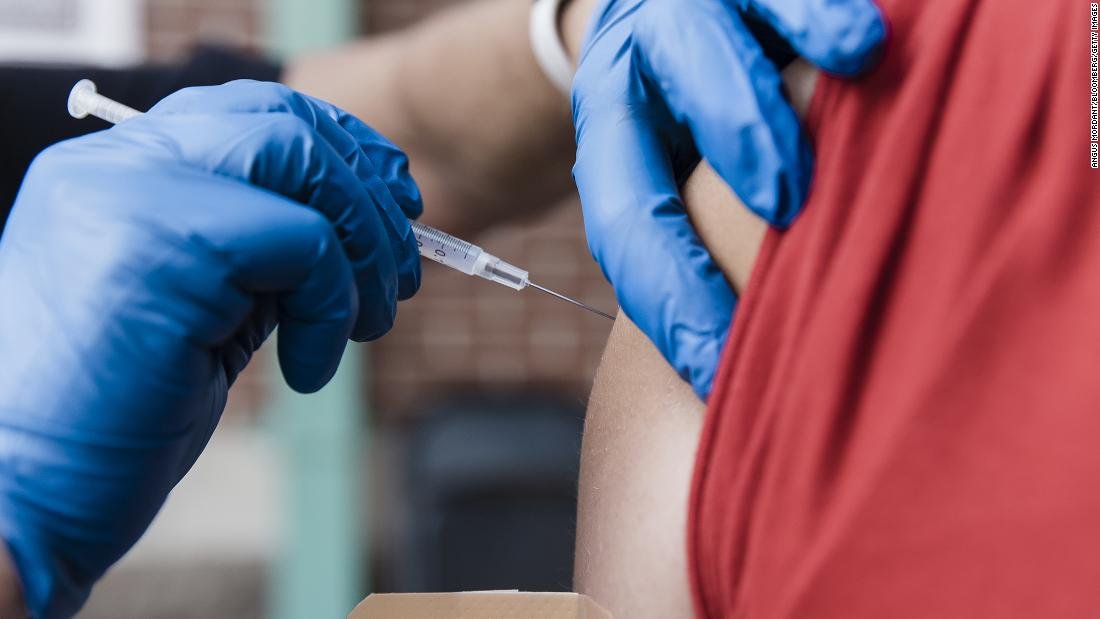Best Cancer Screening and Vaccination

Cancer screening and vaccination are essential tools in the early detection and prevention of certain types of cancers. Regular screening helps identify cancer in its earliest stages—often before symptoms appear—when treatment is most effective. Vaccination, on the other hand, plays a key role in preventing cancers caused by specific infections, such as the human papillomavirus (HPV) and hepatitis B virus. Together, these preventive strategies contribute to reducing cancer-related morbidity and mortality, especially when tailored to an individual's age, gender, and risk factors.
Common Cancer Screenings
- Cervical Cancer: Pap smear and HPV testing for women, recommended every 3–5 years from age 21 to 65 - Breast Cancer: Clinical breast exam and mammography for women, especially after age 40 - Colorectal Cancer: Stool tests, colonoscopy, or sigmoidoscopy starting from age 45–50 - Prostate Cancer: PSA blood test and digital rectal exam for men, usually after age 50 - Oral Cancer: Regular oral examinations, especially for tobacco and alcohol users - Lung Cancer: Low-dose CT scan for individuals with a significant history of smoking
Vaccinations to Prevent Cancer
- HPV Vaccine: Protects against the human papillomavirus strains that cause most cases of cervical, vaginal, vulvar, anal, and throat cancers. Recommended for both boys and girls, ideally between ages 9 to 14. - Hepatitis B Vaccine: Prevents hepatitis B virus infection, which can lead to chronic liver disease and liver cancer. It is part of routine childhood immunization but also recommended for unvaccinated adults.
Tips for Cancer Prevention
- Get regular screenings based on your age and family history - Receive recommended vaccines in childhood and adulthood - Avoid tobacco use and limit alcohol consumption - Maintain a healthy weight and stay physically active - Eat a diet rich in fruits, vegetables, and whole grains - Practice safe sex to prevent HPV and hepatitis infections - Protect your skin from excessive sun exposure
Importance of Regular Check-Ups
Routine health check-ups with your doctor can help catch early signs of cancer and assess your risk factors. Early detection through screening and prevention through vaccination save lives. Talk to your healthcare provider about the appropriate screenings and vaccines based on your personal health profile and family history.